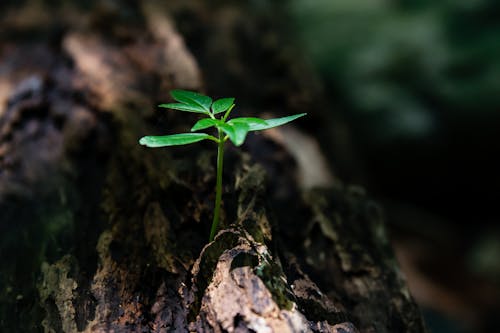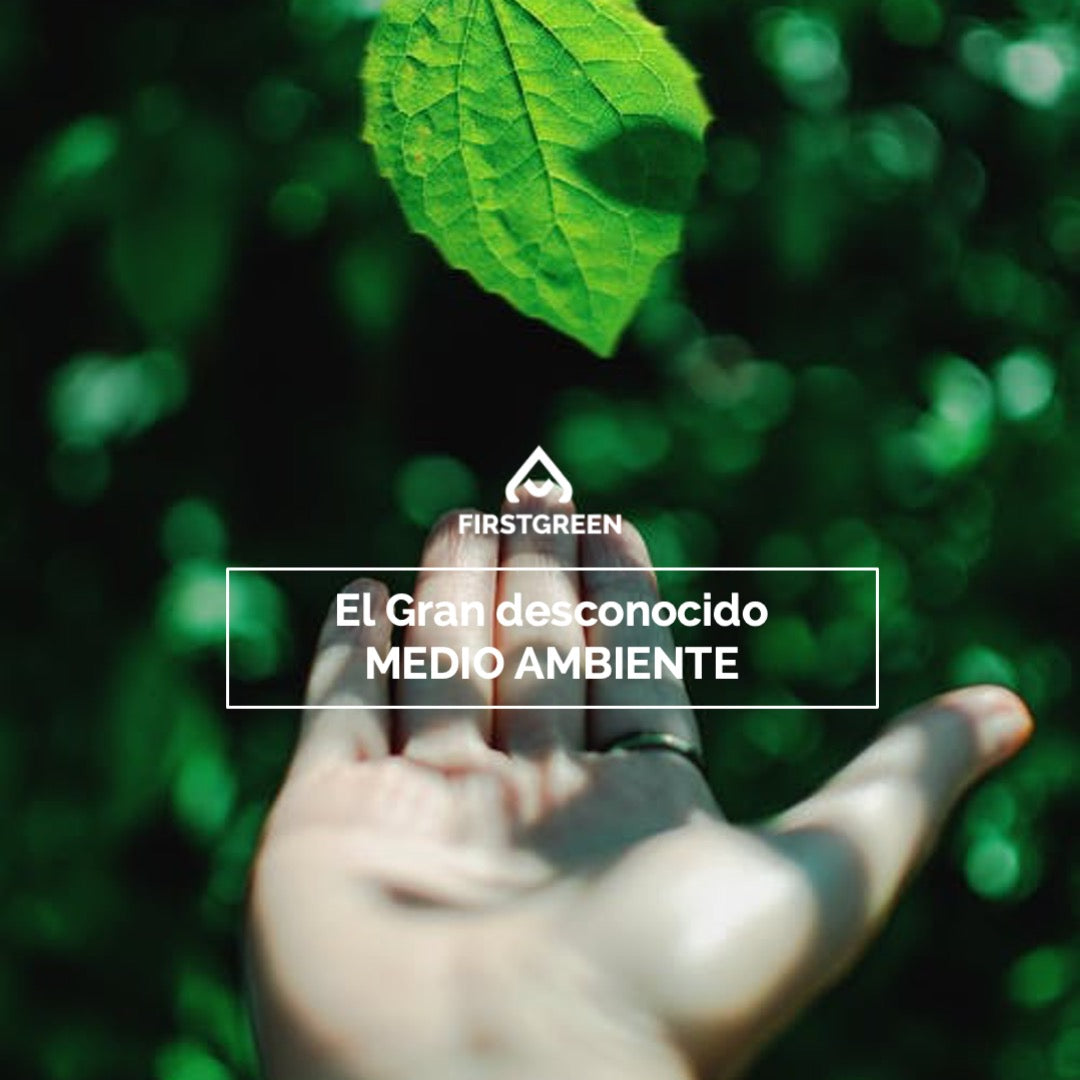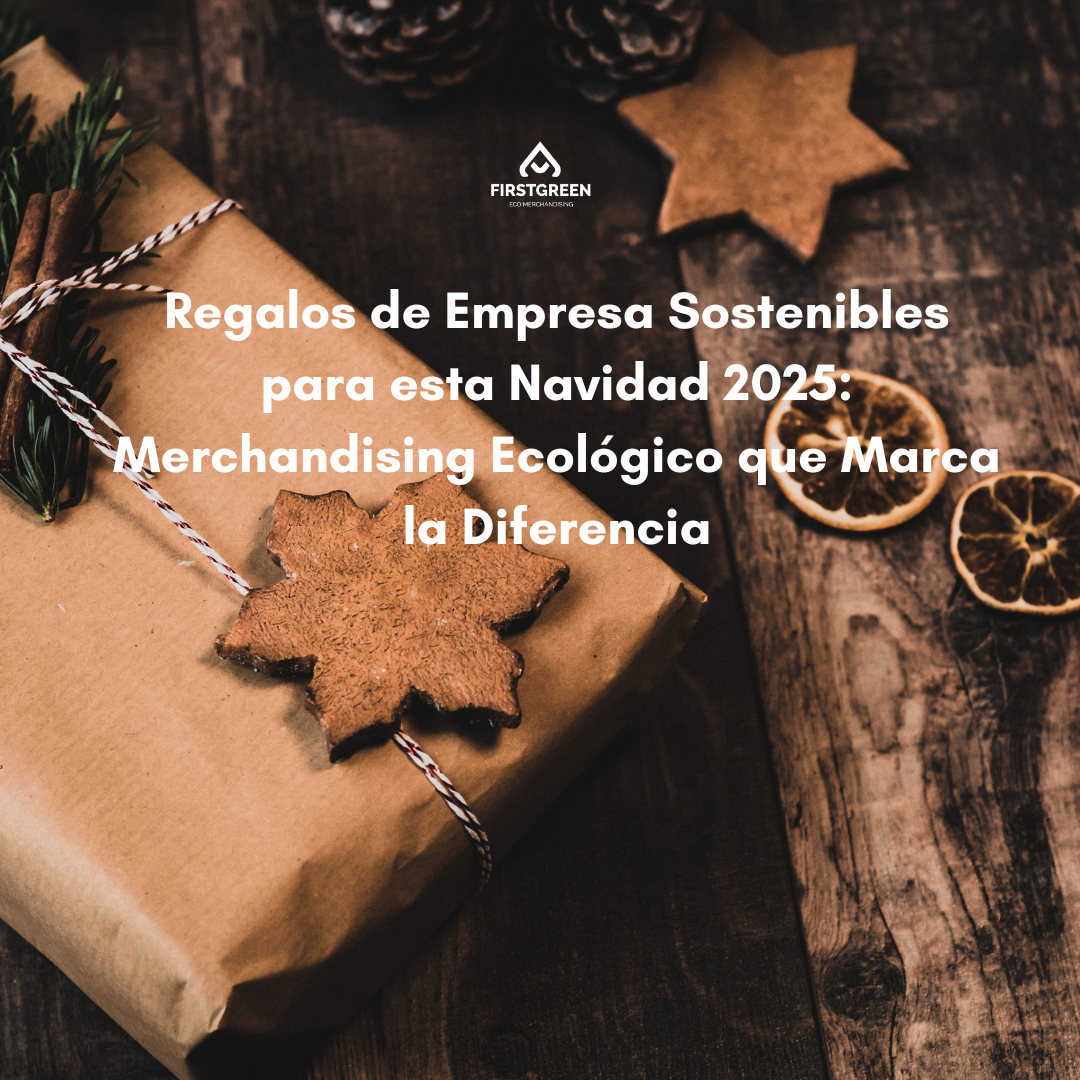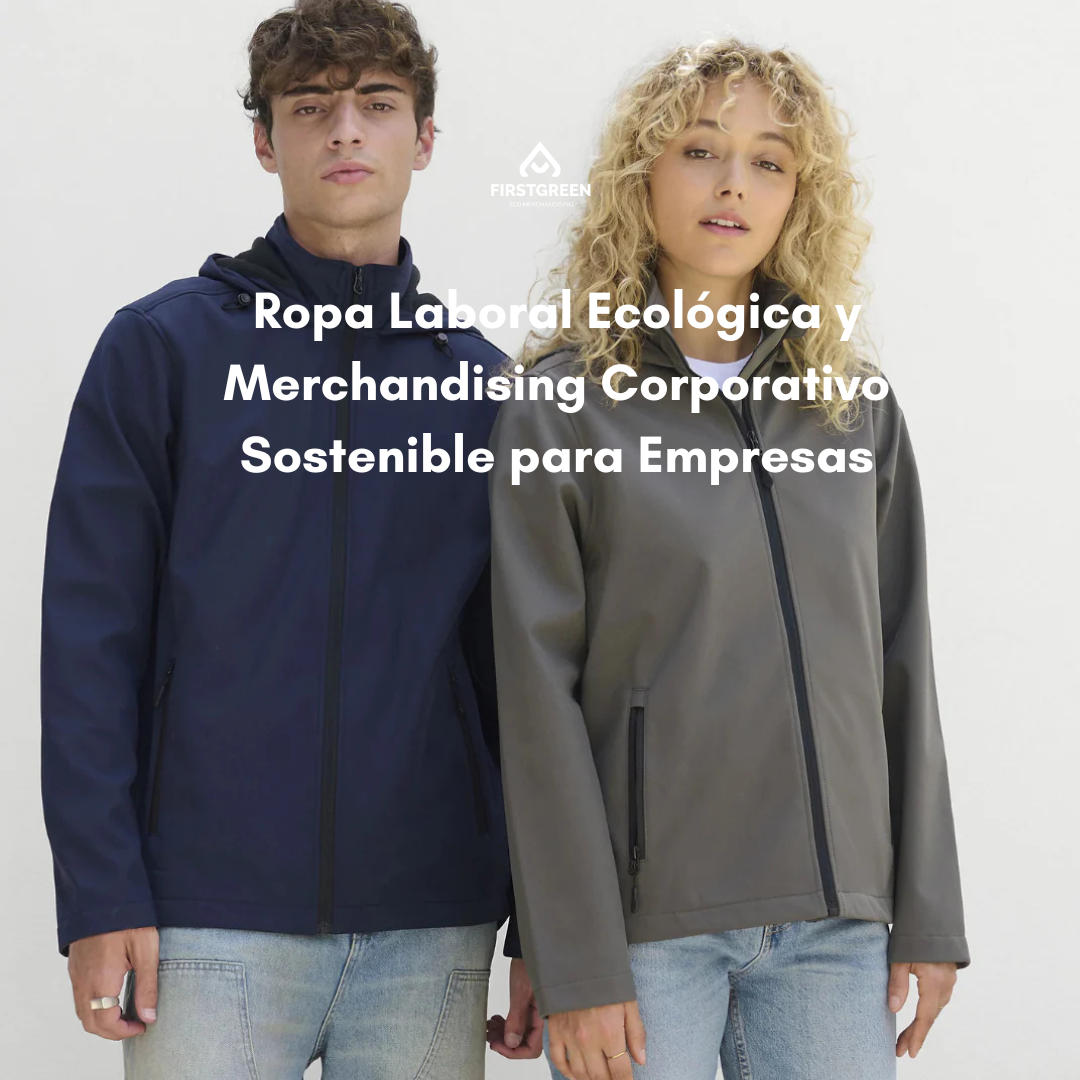Ecological, sustainable, biodegradable products, eco-friendly materials, recycled and recyclable items, ecological merchandising, environmental and sustainable development, corporate responsibility with sustainable development in the circular economy.
There are many terms related to the environment, and it is therefore necessary to make brief clarifications to differentiate them and understand why we must all join this movement, how we can help and how we can take advantage of the need for change to achieve environmental sustainability and sustainable development that will allow future generations to enjoy a planet reconciled with the human species. Here we intend to clarify some of them for you.
What is the environment?

The environment is the space in which life develops and living beings interact with an environment in which they also coexist with abiotic (non-living) elements and artificial elements .
In the environment they coexist and interact:
- Organisms, sets of living beings, animals or plants.
- Water: Vital liquid whose absence or presence directly affects the balance of the environment.
- Air : essential for life on the planet, consisting mainly of oxygen and nitrogen and variable amounts of argon, water vapor and carbon dioxide.
- Temperature : term referring to heat as measured by a thermometer
- Geographic accidents : are the elements that constitute the relief of an area.
- Living organisms : a fundamental part of the environment as they play a direct role in the alterations or maintenance of environmental processes.
Living beings, abiotic elements and artificial elements coexist among themselves, determining what environmental care or its problems can be.

living : includes bacteria, viruses, mammals and vertebrates, amphibians, marine life, birds, plants, etc., which in productive language man calls natural resources.
Natural resources : elements of nature that man uses to satisfy economic, social and cultural needs. They can be:
- Renewable natural resources are those that re-emerge in nature through a cycle or reproduction, such as flora, fauna, water and soil.
- Non-renewable natural resources have a limited exploitation time and are not regenerated, such as coal, oil and minerals.
Climate change
Climate change refers to long-term changes in temperatures and weather patterns and can be caused by:
- Natural causes such as variations in the solar cycle,
- Due to human activity , such as the burning of fossil fuels such as coal, oil and gas, which generate gas emissions into the atmosphere, trapping the sun's heat and raising the temperature, this is the so-called greenhouse effect.
Just like when a domino piece falls, so does the rise in temperature. The Earth is a system in which everything is connected, and changes in one area can affect the others.
We have all witnessed the impact of climate change, rising temperatures have brought intense droughts that encourage serious forest fires and risks of famine, catastrophic storms, rising sea levels, melting the poles, destroying habitats, populations and swallowing up coasts, affecting our health, homes, crops and work.
Changes to protect the environment can improve our lives and the economy.

Human beings have constantly adapted to changes. Changes have allowed progress in society until now and the current stage requires us through agreements set out in the United Nations that:
Adapt to and prepare for climate impacts. This can include reducing emissions by switching from fossil fuels to renewables such as solar or wind.
Adapt to and prepare for climate impacts. This may require efforts that need to be organized and funded by governments, such as building or adapting bridges and roads to withstand high temperatures and storms, as well as systems to mitigate damage from flooding, etc.
Ecology
It is the science that relates biology with other sciences to study the relationships or connections between living beings and the environment in which they develop their existence. It studies the levels of organization above the individual organism, studying populations, communities, ecosystems and the biosphere in general.
Organic product
Products that have been produced without harm to the environment, human health, animal welfare and plant health. Products that strictly comply with the legally established production standards may be labelled as organic Regulation (EU) 2018/848 of the European Parliament and of the Council of 30 May 2018 on organic production and labelling of organic products.
Environmental sustainability

Since man became aware of the negative impact his activities have had on the planet, the concept of sustainability or environmental sustainability was born as one of the fundamental axes for sustainable development. It aims to achieve balance between society and the environment through the use, life and recycling of resources.
Environmental sustainability is a guarantee for the environment, allowing us to maintain the planet's natural heritage and productive capacity despite human economic and social development.
Actions that promote environmental sustainability
Climate change, global warming and its consequences on the planet affect us all, which is why actions that help environmental sustainability must be implemented in all areas.
From home , through responsible consumption and recycling.
From school , focusing education on development and environmental sustainability.
Through the media , raising awareness in the community about responsible consumption.
From companies , complying with regulations related to good environmental practices that promote the reduction of the impact that different activities have on the planet.
From the scientific community , contributing with its studies, providing the appropriate tools that promote environmental sustainability.
From governments , creating standards that lead to sustainability.
“We cannot change the consumption-based economy, but we can change the resources we use and the way we make our products .”
FIRSTGREEN, as an advertising company committed to the environment, joins the movement of entrepreneurs who seek environmental sustainability through their actions. Working and promoting ecological and sustainable items as personalized corporate gifts that, at the same time, differentiate your brand , contributes to building loyalty among those customers who believe in sustainable development by opting for items made with eco-friendly materials and those who, through your services, indirectly collaborate in the change directed towards the circular economy with which to save the planet.



